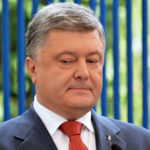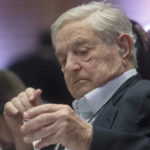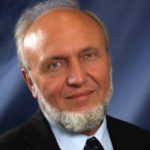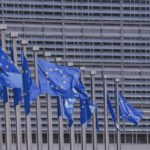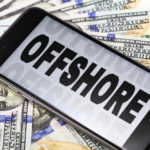The Deep and Comprehensive Free Trade Agreement (DCFTA) between Ukraine and the European Union, which came into force on 1 January 2016, was about to help the East European economy to recover; however, the results after the first year fell far short of Ukraine’s expectations. The former Soviet Republic lost €2.2 billion more than it lost in 2015 on trade with the EU. While imports from the EU have surged, exports have merely grown.
As Polish media reports, the European Union has flooded Ukraine with goods,which is contrary to the aim of the free trade agreement: the document assumed the asymmetric openness of the markets in Ukraine’s favour. Continue reading

